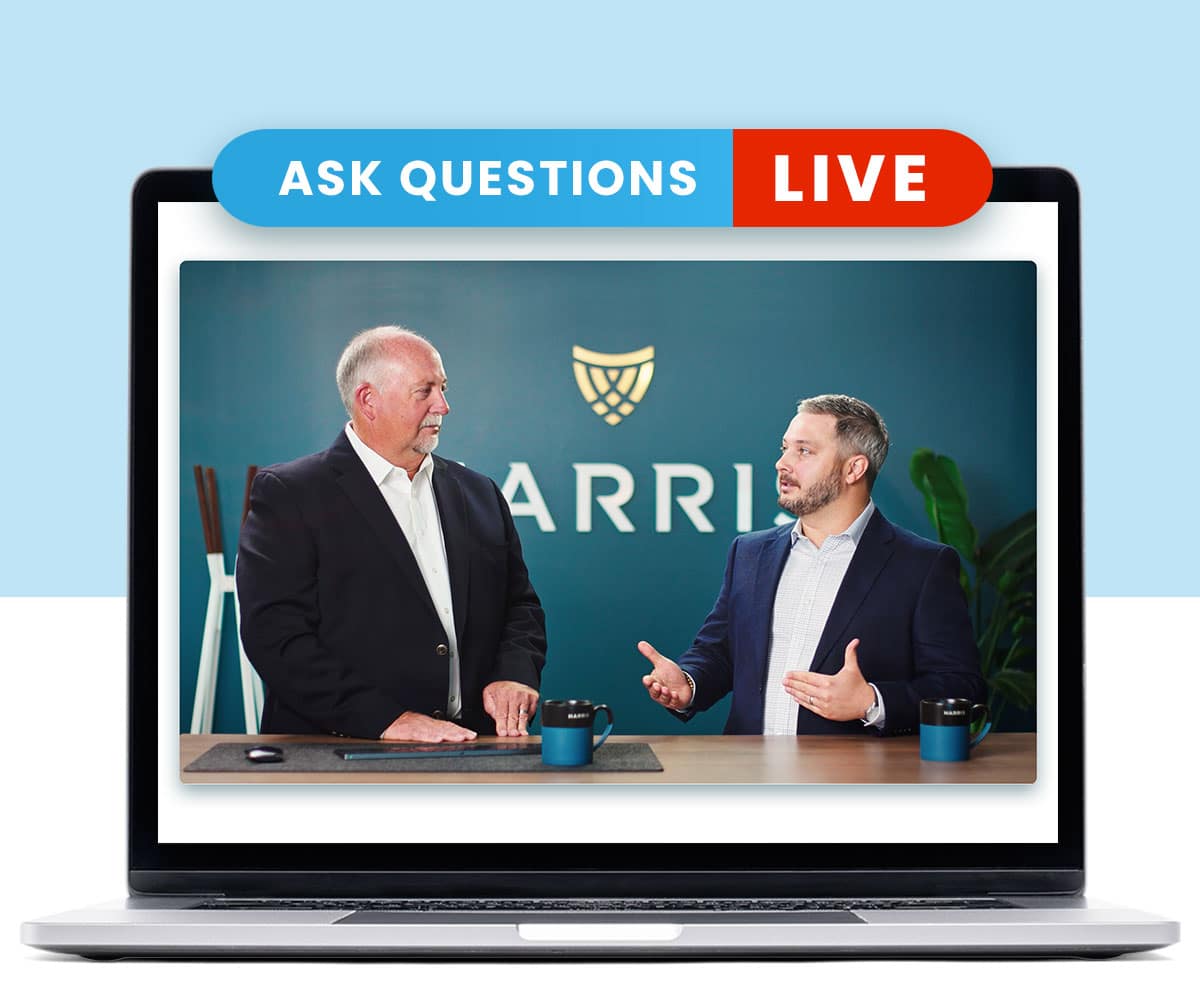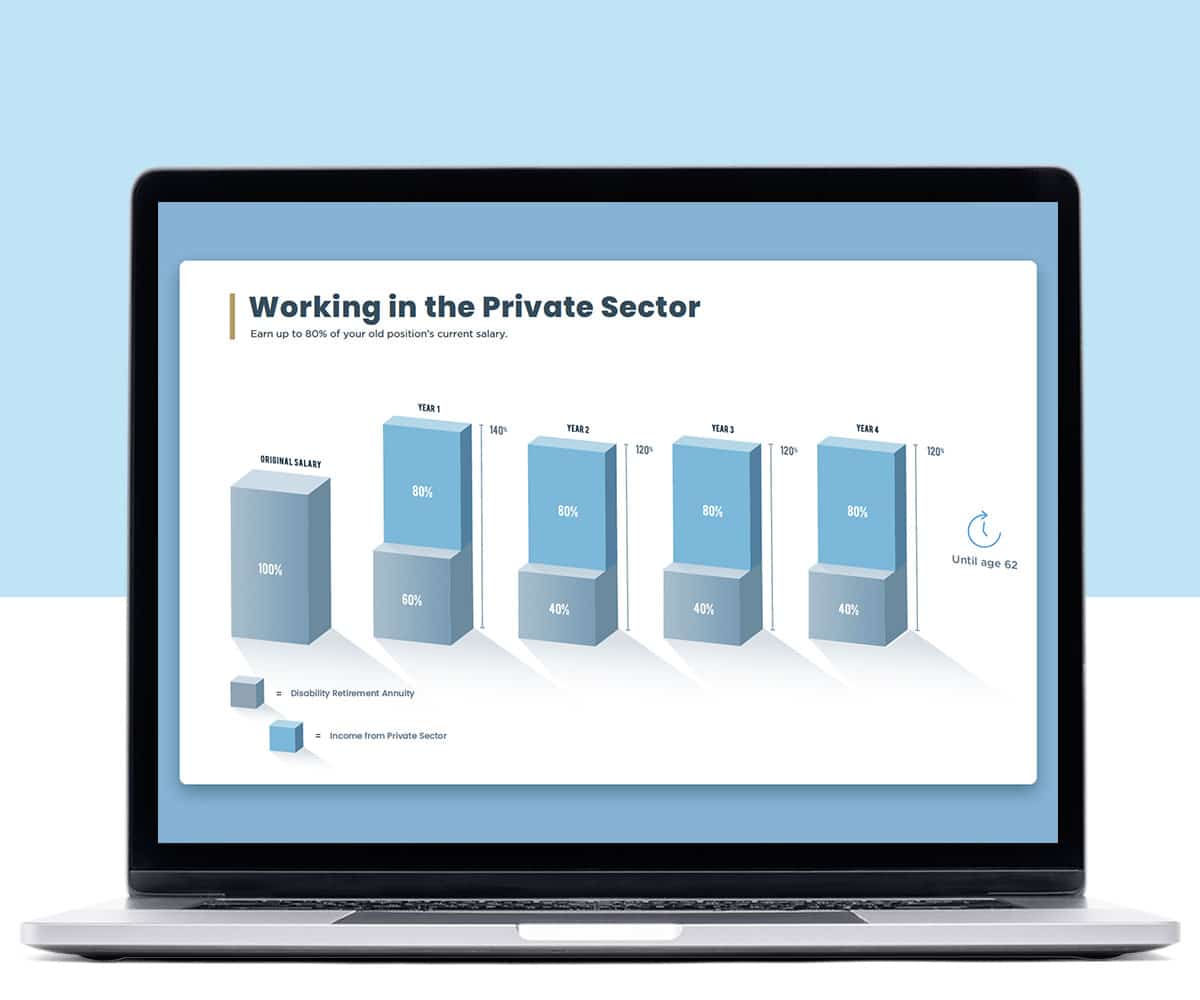
Planning for retirement should begin as early as possible. It’s literally never too early. Knowing the deadlines and requirements will greatly reduce stress as you move into this phase of your life. Contributing to a Thrift Savings Plan as early as possible is especially important; however, there are also other things to consider such as life insurance, health coverage, service history, and more.
This three-part blog series will look at retirement planning five years out, one year out, and the process of applying.
Five Years Before Retirement
While retirement planning should begin before this point, the five-year mark is an important one. You must have insurance coverage for the five years immediately before you retire to keep it after you retire.
Health Insurance Coverage
You may continue your health insurance coverage only if you meet the following:
- Your annuity must begin within 30 days or if you are retiring under the Minimum Retirement Age + 10 provision of FERS, your health and life insurance are suspended until your annuity begins, even if it’s postponed.
- You are covered under health insurance when you retire.
- The Federal Employee Benefits program must have continuously covered you:
- For the five years immediately before retiring, or
- During all federal employment since your first opportunity to enroll, or
- Continuously for full periods of service beginning with an enrollment that started before January 1, 1965, and ending with the date when you became an annuitant, whichever is shortest.
If you are an annuitant and enrolled in the FEHB program but decide to cancel your enrollment, keep the following in mind:
- You CAN’T re-enroll in the FEHB program.
- You and enrolled family members won’t be eligible to enroll in continuation of temporary coverage or convert to a non-group contract.
- If you die, you won’t have FEHB enrollment for your survivor, even if they are eligible for a survivor annuity.
Life Insurance Coverage
You can keep basic life insurance coverage if ALL the following are met:
- You have coverage when you retire.
- Haven’t converted coverage to an individual policy.
- Your annuity begins within 30 days. An exception is if you are retiring under MRA+10 and you have postponed the starting date of your annuity. Your health and life insurance coverage are suspended until your annuity begins.
- You were insured for life insurance coverage for the five years immediately preceding retirement or the full periods of service when coverage was available.
You can keep optional life insurance coverage in retirement if all the following are met:
- Eligible to continue basic coverage.
- Covered by optional life insurance for the five years immediately preceding retirement of the full periods of service when coverage was available.
Military Service
Another important thing you need to review is your military and civilian service history. If you owe a payment to receive credit for military service performed after 1956, you must make that payment before you retire. If you are receiving military retired pay, you should discuss, with your personnel officer, whether you must waive your retired pay.
In the event that an injury or illness affects your job duties and you can no longer work, you may be eligible for a federal disability retirement. Of course, there is no way to plan for this happening, however knowing your options should this arise can help you plan for your next steps. Our team at Harris Federal Law Firm can help you if you find yourself in a situation like this. Please give us a call at 877-226-2723 or fill out this inquiry form for a FREE consultation.
The next post in this series will look at retirement planning when you’re a year away from retiring.


